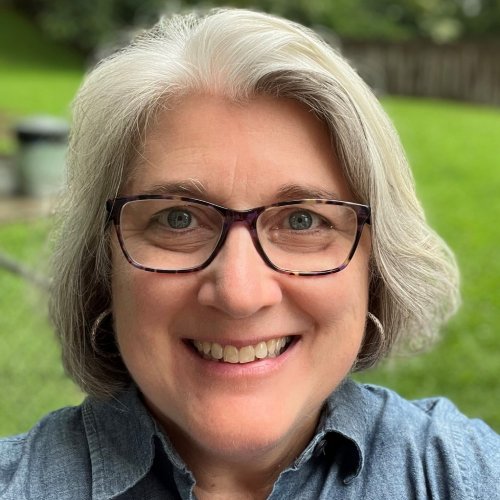LEGIS fellowship opens a door on how Congress works
- March 8, 2024
- By Suzanne Koziatek
- 5 minute read
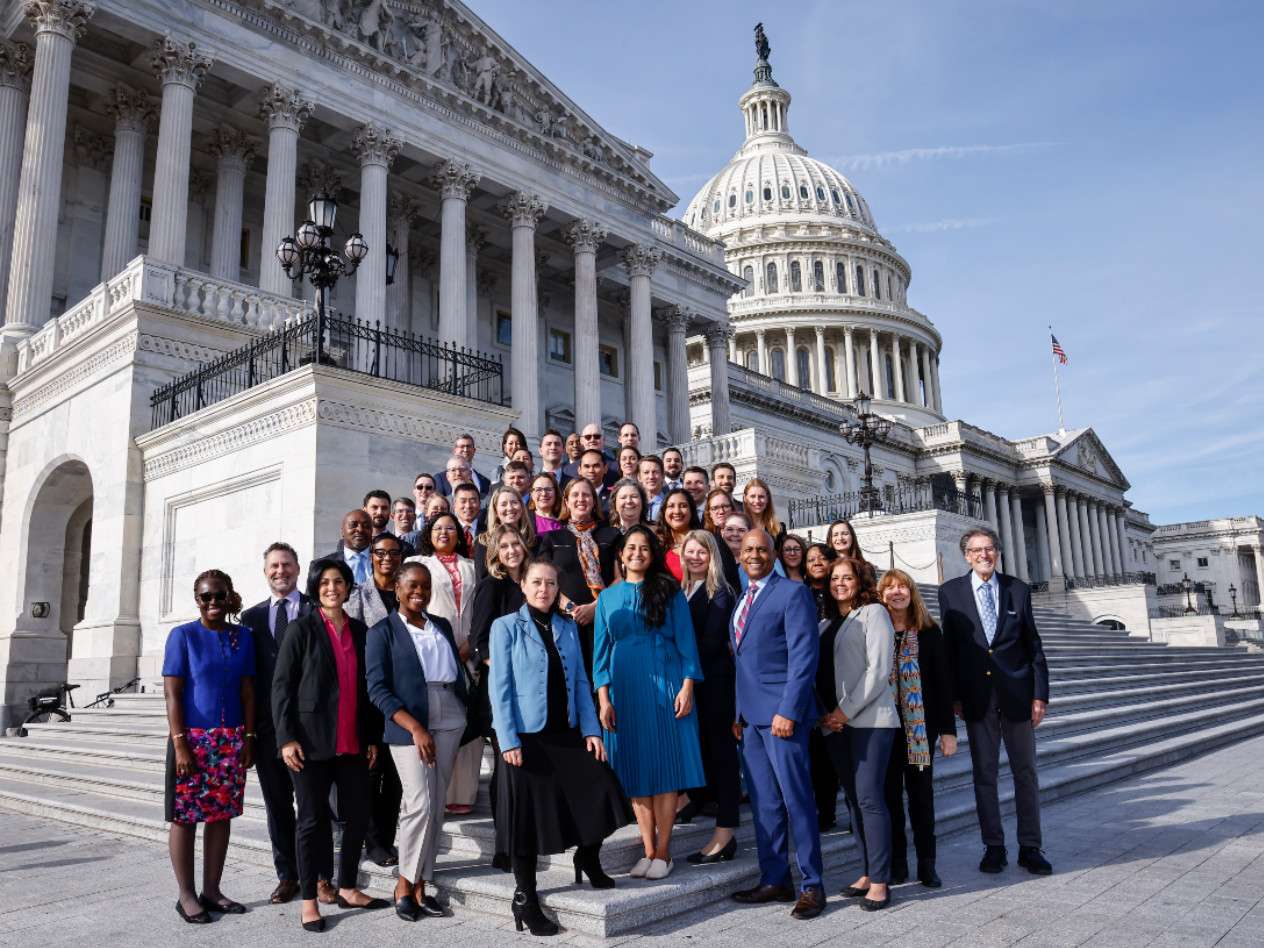
For more than 25 years, WashU at Brookings’ LEGIS fellowship program has been bridging the gap for agencies, businesses and nonprofits seeking to work more effectively with Congress.
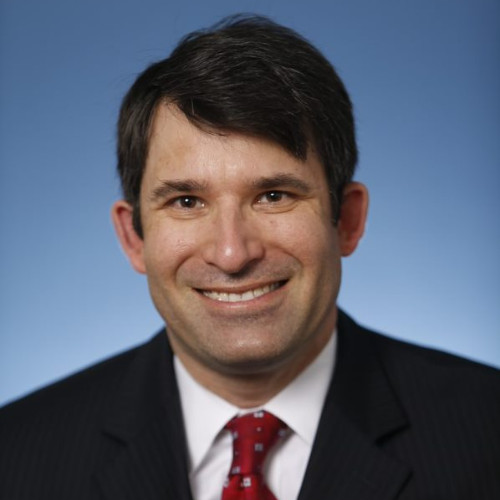
Each year, about 40 LEGIS fellows work in House and Senate offices—either in the personal offices of individual members of Congress or in committee offices. The yearlong, highly competitive fellowship program gives mid-career civil servants and others who deal with the legislative branch an in-depth understanding of how it works, said Ian Dubin, associate dean and managing director of executive education.
“The best way of understanding the intricacies of this unique place is doing it,” Dubin said.
Kathryn Sullivan, who has worked for the Department of Commerce, NASA, the White House, US Embassy Tokyo and the National Science Foundation, became a LEGIS fellow in 2018. She found her fellowship so impactful that after she retired from government service, she came to Brookings to help coordinate the orientation program.
There are experiences that everybody who has been a fellow will remember for the rest of their lives.
Kathryn Sullivan
A comprehensive, candid introduction
A singular aspect of the LEGIS program is its thorough two-week orientation program, which provides a rapid-paced introduction to the complex ways of Congress.
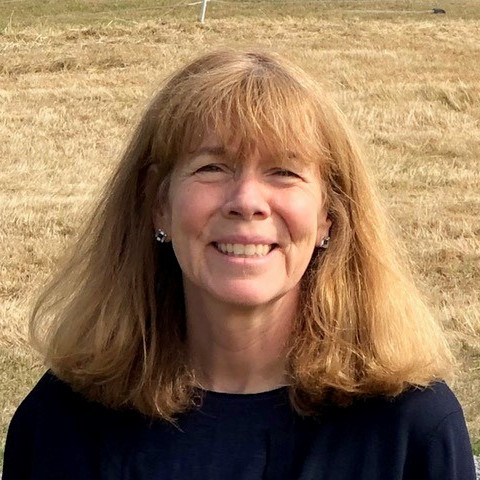
Even for an experienced executive branch employee like Sullivan, it was an eye-opening plunge into the deep end of the Congressional experience.
“You hear from experts who deliver ‘The Hill: 101’—here’s how a bill develops in the House versus the Senate—specifically, the process, the rules, and the organizations that will help you while working on the Hill. You learn what are staff expectations, current dynamics, the politics, the polarization,” she said. “Each year I’ve been associated with it, I’ve been impressed that the speakers have been very, very candid.”
Fellows also connect with the rest of their LEGIS cohort. Since the pandemic, Dubin has begun making these introductions before orientation via Zoom. “I always tell fellows, you’ll have a network on day one of your experience who you can call throughout the Hill,” he said.
In addition to acclimating the fellows to their new environment, the LEGIS orientation team—Dubin, Sullivan and former Michigan Rep. Bob Carr—helps prepare them for their search for a position on the Hill.
During the matching process, fellows decide whether they prefer working in the House or Senate and choose between working in a member’s personal office or for one of the committees. Sullivan said she wanted to see the breadth of work handled in a personal office and worked for Sen. Jon Tester of Montana.
“I had an opportunity to staff the senator for hearings, to write meeting memos, to work with staff in personal and committee offices, to meet with constituents,” she said. “Those were the types of experiences I wanted to have.”
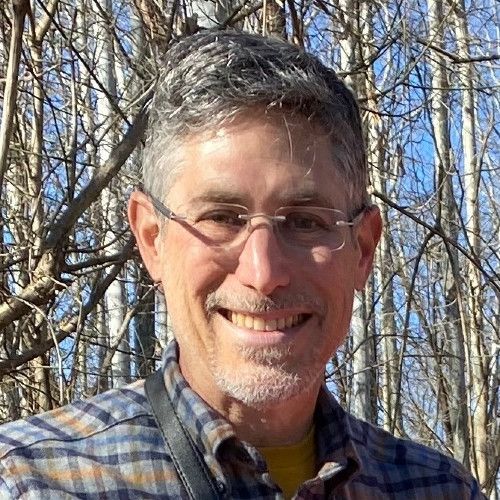
Andrew Cohen, then a State Department employee, worked for the Senate governmental affairs committee on issues regarding the management of federal property. His fellowship began in 2020, when COVID-related shutdowns of federal buildings gave his work added urgency.
“Otherwise, it might have been kind of a sleepy assignment,” he said. “How can we better provide a secure and safe place to work? All of that took on a unique quality during the pandemic.”
Carlos Ramos is a health policy analyst with MITRE, a nonprofit corporation that operates federally funded R&D centers. He entered the LEGIS program in 2022, working in the office of Sen. Maggie Hassan of New Hampshire.
Ramos said one of the most useful insights he gained working in Hassan’s office was how Congress can work with federal agencies to leverage existing laws and policies to achieve results.
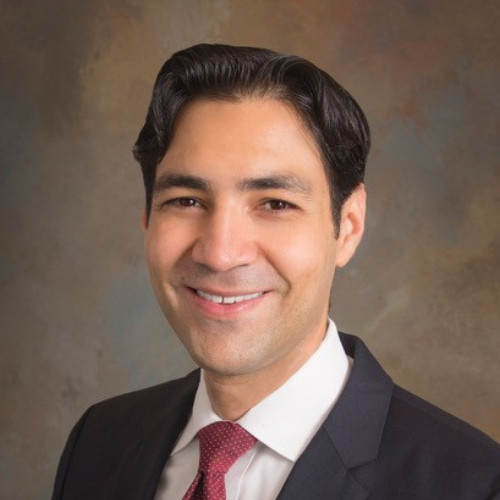
“A lot of people think about Congress as appropriating money and passing laws, but there are a lot of policy levers that don’t require appropriations or additional regulatory authorities,” he said. “This is critical because the policy-making process in Congress takes time, and sometimes policymakers don’t have the luxury of time. They need to find the opportunities that exist already.”
During his LEGIS fellowship, Ramos worked to improve access to naloxone, a medication that can rapidly reverse an opioid overdose. He said statutory ambiguities created an unintentional hurdle to access.
“Senator Hassan sent a letter to the agency explaining the issue and explaining how the agency might already have the regulatory authority to remove this hurdle,” he said. “The agency received the letter very well, issued guidance on the topic relatively quickly, and the barrier disappeared.”
Throughout their year in the program, LEGIS fellows frequently meet for additional education and networking and develop tight bonds within the cohort. Cohen said he’s still a member of a WhatsApp group of his LEGIS friends.
Post-LEGIS pivots, enhanced connections
After completing the program, LEGIS fellows frequently decide on a career pivot that puts their expertise to work in new ways.
Cohen returned to the State Department for several months after his fellowship, then transitioned to a job with the Internal Revenue Service, where he serves as a congressional affairs advisor.
I’m in touch with many of the same people on the Hill who I was working with, just in a different role.
Andrew Cohen
He knows the value his LEGIS experience has added to his new job. “You can see a real difference between people who have worked on the Hill and then take a congressional liaison job and those liaisons who haven’t had Hill experience.”
Sullivan made a more dramatic pivot. She had intended to return to her job at the National Science Foundation, but first extended her yearlong LEGIS stint by another nine months, then after retiring, joined Dubin’s team at Brookings. “It’s been a genuine joy,” she said. “I love working with the fellows and Ian, Bob and the LEGIS team.”
Other fellows, such as Ramos, go back to their existing jobs with new insights and an expanded network of similarly plugged-in LEGIS alumni.
I love health policy. For me, it was about getting more tools to be able to help our sponsors accomplish what they want to accomplish.
Carlos Ramos
Beyond the individual benefits of LEGIS, Dubin said the program tightens connections between Congress and the agencies and organizations that interact with it, dispelling misconceptions and providing common ground.
“The folks who do this program have a better ability to connect to make the whole of government work better,” Dubin said. “This program is one of those things where we can honestly say we’re making our country better.”
Contact Us
For assistance in finding faculty experts, please contact Washington University Public Affairs.
Monday–Friday, 8:30 to 5 p.m.
Sara Savat, Senior News Director, Business and Social Sciences
314-935-9615
sara.savat@wustl.edu
Kurt Greenbaum,
Communications Director
314-935-7196
kgreenbaum@wustl.edu
